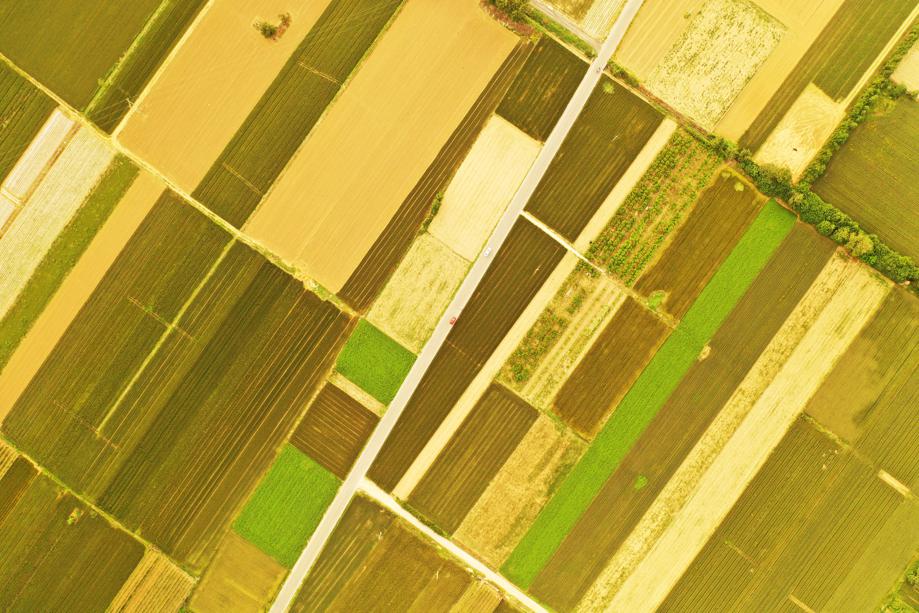Wheat needs to be reaped before rain spoils harvest


The wheat harvesting season is drawing near. However, continuous rains are hitting a large part of the winter crop region in North China, leading to flooding in some places where the almost mature wheat sprouts and mildews quickly.
As required by the Ministry of Agriculture and Rural Affairs, governments of these affected regions should act scientifically and promptly to help the farmers effectively respond to the extreme weather conditions so as to reduce the losses in the final output, as the wheat is in the crucial pustulation period.
The farmers should be organized to drain water from the flooded fields as soon as possible. The grassroots governments need to quickly mobilize and send emergency service teams equipped with drainage and harvesting equipment to the low-lying waterlogged plots. And local governments also need to scientifically dispatch pumps and harvesters in accordance with different wheat maturity conditions, harvest schedules and weather conditions in their respective jurisdictions to make the best use of limited agricultural machinery.
The traffic and transportation system in the affected areas should open the high-speed roads for combine harvesters free of charge to avoid them from getting stuck on the road.
Governments of neighboring regions should strengthen coordination with each other to ensure that all mature wheat can be collected as soon as possible. For wheat showing signs of germination, mechanical harvesting should be arranged immediately after the rain.
The farmers need to dry the wheat as quickly as possible after the rain stops. They should make full use of all kinds of broad open space to dry harvested wheat and prevent germination and mildewing. And the grassroots governments should mobilize all forces, including State-owned grain depots, grain collection and storage enterprises and farmers' cooperatives, to use various grain-drying machines to dry the wheat.
Also, mildewed wheat should be properly disposed of and used to produce husbandry feed and for industrial purposes. Meanwhile, all necessary moves should be taken to prevent unqualified seeds from entering the market, affecting autumn wheat production.


































